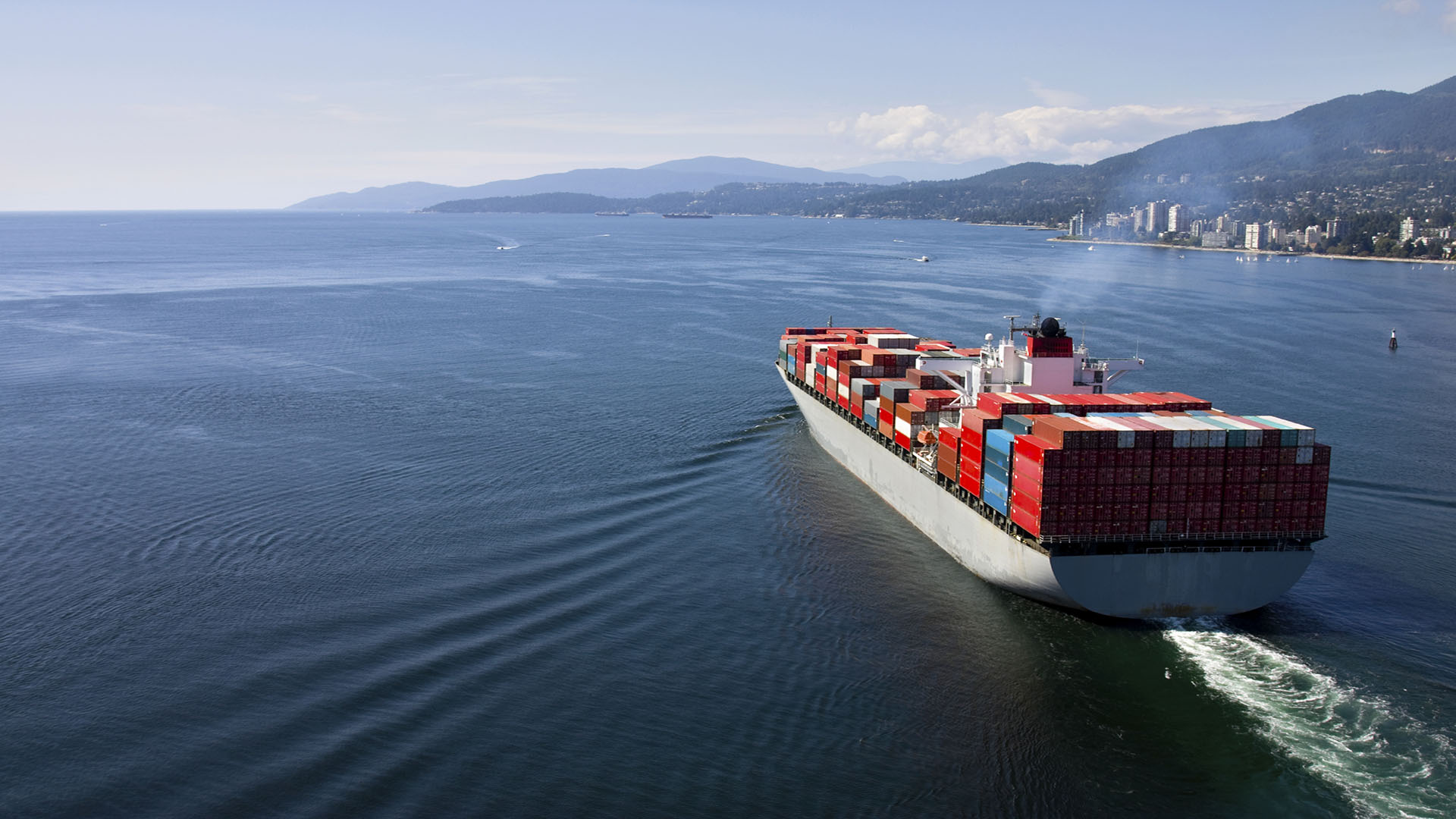
Venezuela – Exemption on requirement of DRI (C) carriage
INTERCARGO has provided us with the following information.
Quote
It has been brought to our attention that the National Maritime Administration of the Bolivarian Republic of Venezuela has issued an exemption from the requirements of the International Maritime Solid Bulk Cargoes Code (IMSBC Code) for the carriage of DRI (C) (by product fines). Intercargo urges caution in accepting this exemption, which allows the carriage of DRI (C) with higher moisture content than specified in the IMSBC Code under ventilation, rather than inert conditions. The exemption refers to “safety standards specified…” in IMO meeting documents that were submitted proposing changes to the DRI (C) schedule – these proposals were not accepted and the schedule remains unchanged in this regard.
In addition guidance is being produced by the Hot Briquetted Iron Association (HBIA) that claims high moisture content DRI is a different cargo and is not listed in the IMSBC Code “Because DRI Fines differ from DRI (C) in moisture content, it is not a listed cargo in the IMSBC Code”. This is incorrect and mis-leading: it is clear that moisture content is not part of the cargo description, but is in fact a carriage requirement. If DRI (C) is to be carried under conditions other than those expressed in the IMSBC Code schedule then it must be done under a tripartite agreement Section1.5).
It is possible to carry a cargo listed in the IMSBC Code outside the provisions of the schedule where alternative equivalent provisions have been put in place and authorised by a competent authority (or competent authorities) by exemption under section 1.5. It should be noted that acceptance of an exemption authorised by a competent authority not party to it is subject to the discretion of that competent authority i.e. if the competent authority of the port of loading has issued an exemption the competent authority of the port of unloading or flag state can choose whether to accept it or not. Hence, agreement of all three parties would be required to ship a cargo under an exemption. An exemption can be valid for up to five years and does not necessarily lead to a new or revised schedule.
Intercargo stresses the importance of ensuring shippers’ declarations use the correct Bulk Cargo Shipping Name (BCSN) and carrying DRI in accordance with the appropriate schedule in the IMSBC Code. Any deviation from the schedule provisions should be in accordance with Section 1.5 (and also involve your P&I club). Given recent developments we would recommend particular caution in this regard when dealing with “Iron Ore Fines” (or cargoes with similar description such as “Remet Fines (HBI), Orinoco Iron Remet Fines” etc…) from countries that have DRI production facilities such as Venezuela and Trinidad & Tobago.
Unquote
Member Alert is published by The Swedish Club as a service to members. While the information is believed correct, the Club cannot assume responsibility for completeness or accuracy.